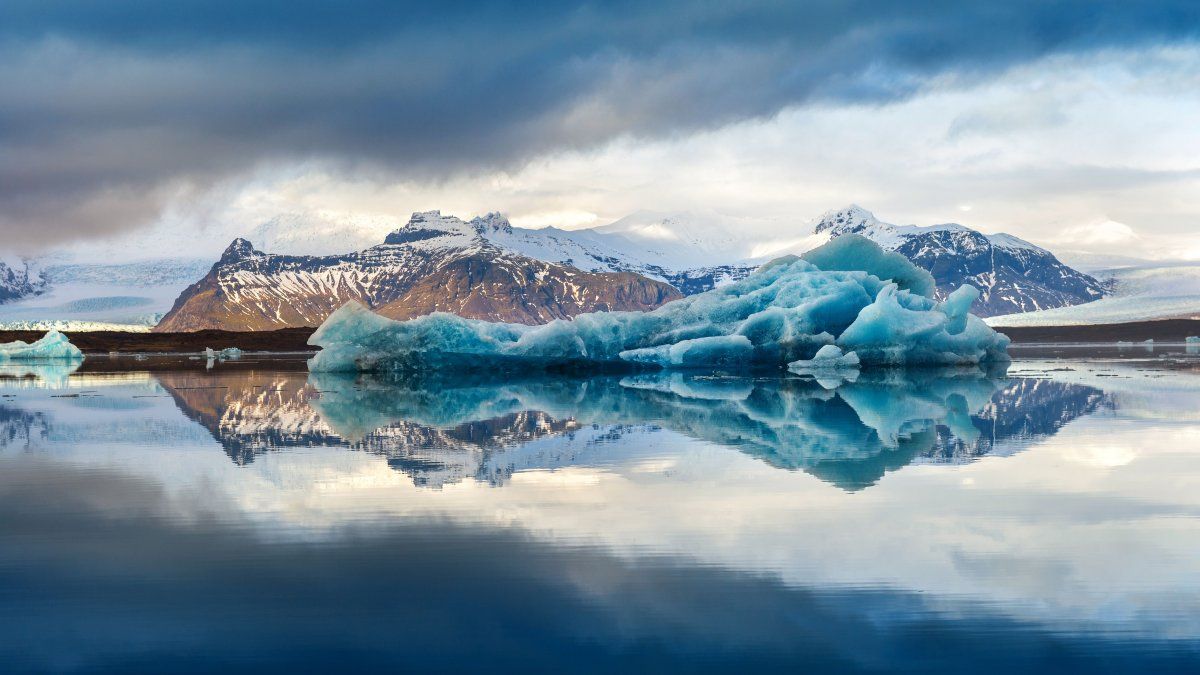The Greenland ice sheet lost 5,091 km2 of surface between 1985 and 2022, according to a study in the magazine Nature published today, the first comprehensive estimate of ice shelf surface loss at that scale.
This decline reflects the 1,034 gigatons (1,034 billion kilos) of ice that were lost as glaciers retreatedbreaking off ice by “calving” – when pieces of ice break off from a glacier – at its terminal ends.
The study that determines how much ice Greenland lost
He study It is also the first that calculates exactly how much ice Greenland lost specifically due to glacial retreat. It suggests that previous estimates of changes in the mass balance of the Greenland ice sheet – the amount of snow and ice that is accumulated each year versus how much is lost – underestimated those losses by up to 20% without having taking into account glacial retreat.
Greenland.jpg
The Greenland ice sheet is one of only two remaining in the world.
Photo: Pixabay
The 5,091 km2 lost represents an area the size of Trinidad and Tobago. The study used more than 200,000 satellite and AI observations of glacier positions to analyze changes over time.
“In Greenland, we have these areas around the edges where everything is receding and falling apart,” said study co-author Alex Gardner, an earth scientist at NASA’s Jet Propulsion Laboratory. “Previous methods weren’t really that good at measuring that change in the ice sheet. But the change is enormous.”
The Greenland ice sheet is one of only two in the world.
The Greenland ice sheet It is one of the two remaining in the world, the other covers the Antarctic continent. Formed by hundreds of glaciers, it covers around 80% of Greenland’s landmass. If it were to melt completely, the Greenland ice sheet would raise sea levels by about 7.4 metres.
Since the Climate change warms the Arctic four times faster than the rest of the worldscientists say it is inevitable that the melting of the Greenland ice sheet will raise sea levels by at least 27 cm due to the warming that has already occurred.
The new estimate of ice loss due to the retreat of the glaciers would have little impact on the global sea level, according to scientists, but a great impact on ocean circulation. That amount of freshwater added to the salty ocean could strengthen coastal currents around Greenland and help weaken the Atlantic Oscillation Meridional Circulation, which moves water from north to south and brings heat to Europe.
Source: Ambito




